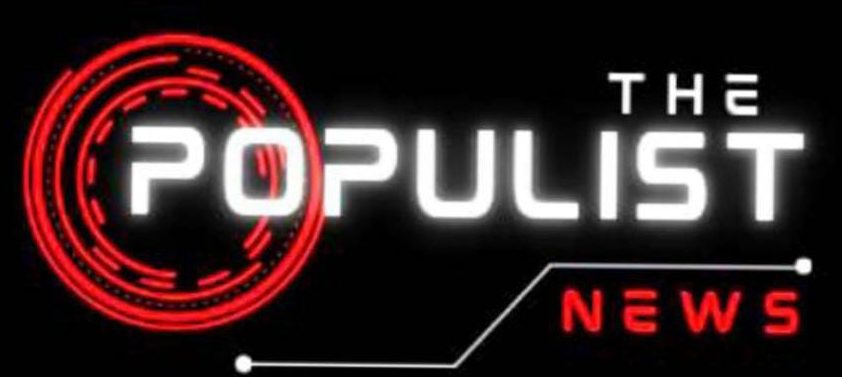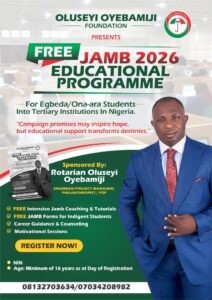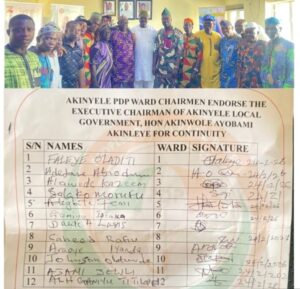


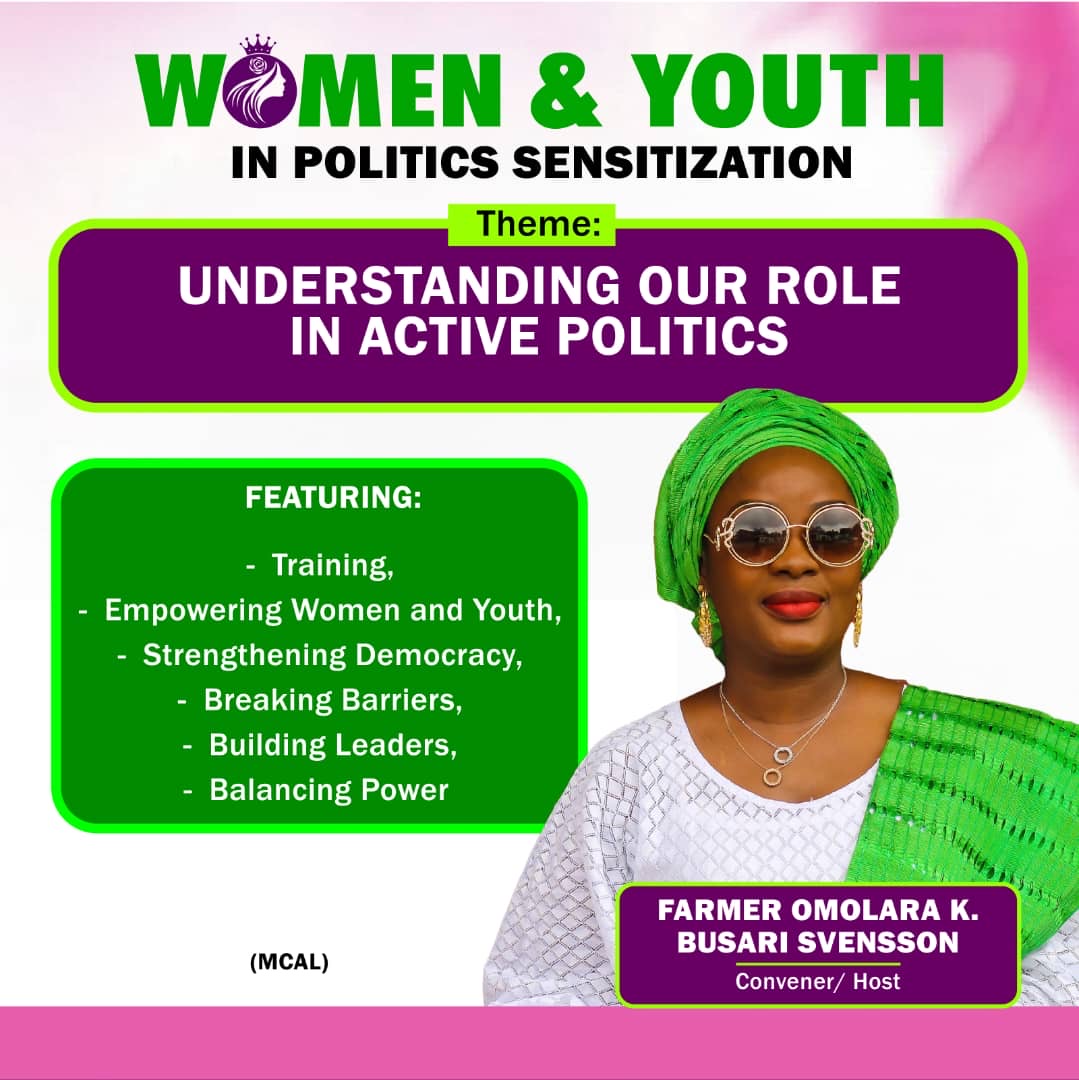
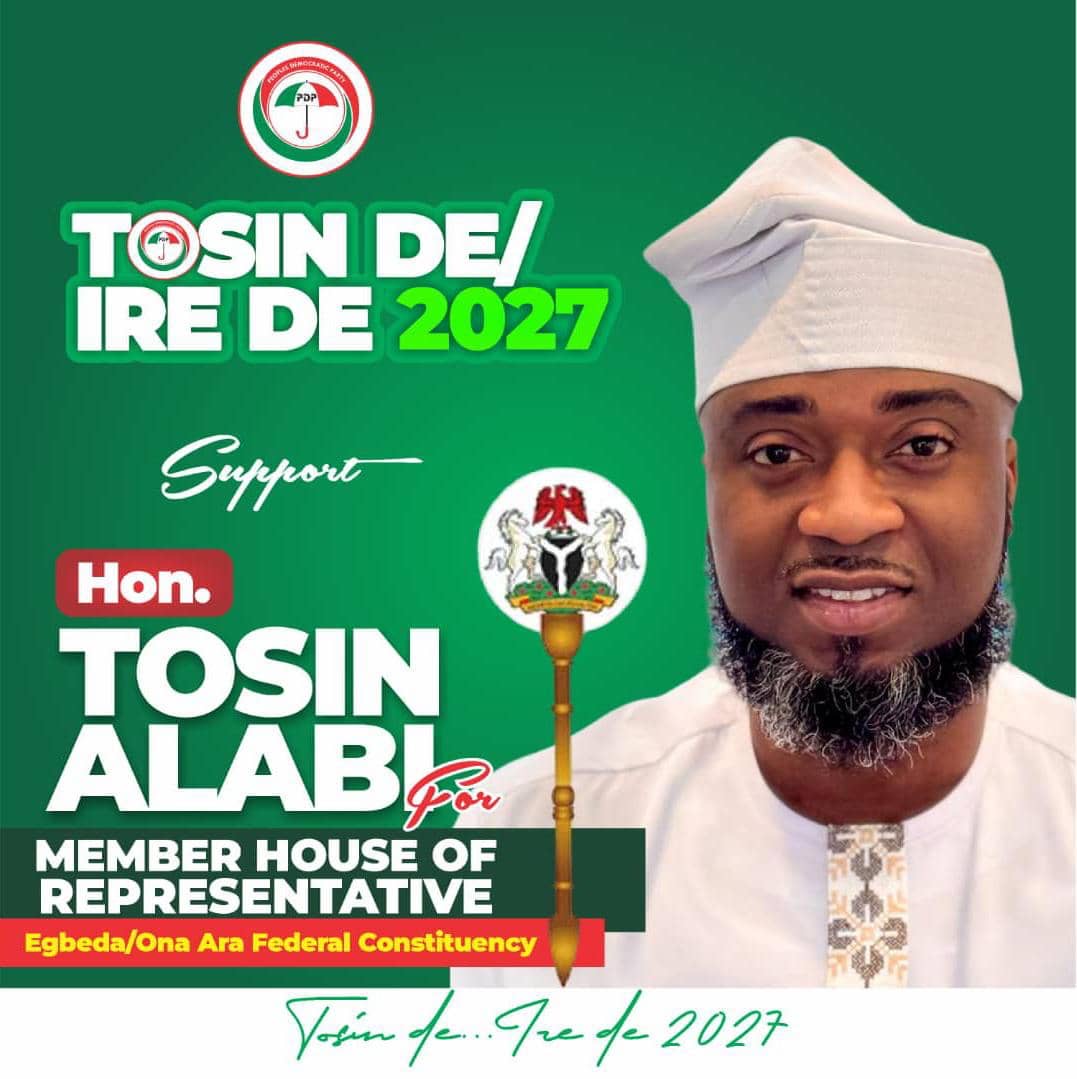




Meet Khadijat Alabi
Today we’d like to introduce you to Khadijat Alabi.

Hi Khadijat, so excited to have you with us today. What can you tell us about your story?
My name is Khadijat Alabi. I began my journey by earning a degree in Accounting (BSc.) with a Human Resources Management program MBA from Williams Paterson University of New Jersey.



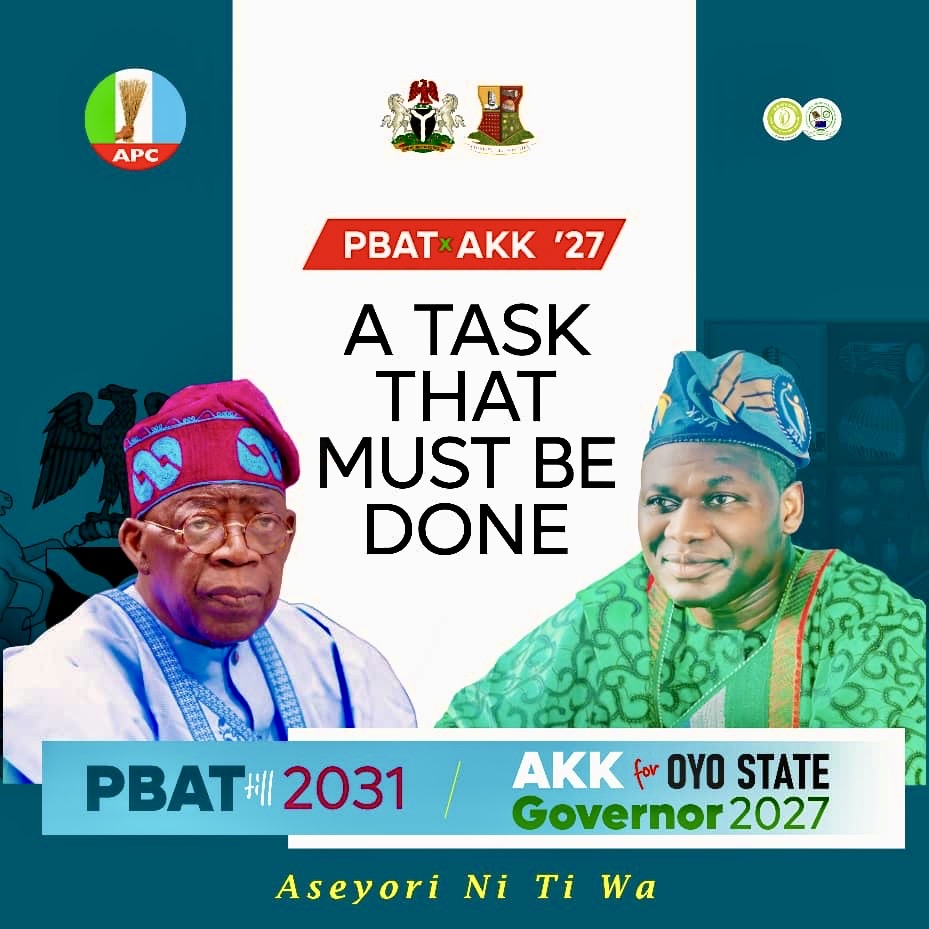

As an advocate for community healthcare development, I authored a groundbreaking journal article titled “Strategic Human Resources Practices in Business Generation and Sustainability: A Critical Role in Community Healthcare Development.” This article aimed to shed light on the pivotal role of strategic HR practices in driving business generation and sustainability within the realm of community healthcare.
With over 12 years of experience, I have emerged as a strategic and resourceful HR Leader.
My expertise ranges from HR Strategy Development to Employee Engagement and Experience Management. I have worked across various sectors, including Financial Services, Investment Management, Consulting, hospitality, government, and financial institutions.
Currently, as a Human Resources Supervisor in a leading hospitality company, I am dedicated to standardizing best-practice HR functions while fostering a great workplace culture.
Can you talk to us a bit about the challenges and lessons you’ve learned along the way? Looking back, would you say it’s been easy or smooth in retrospect?
My journey has been marked by significant achievements and growth, but it hasn’t always been a smooth road. Like many professionals, I encountered challenges along the way.
Balancing Work and Family: Being a married mother of four while pursuing a demanding career undoubtedly posed challenges in terms of balancing work commitments with family responsibilities. Juggling the demands of a career while ensuring quality time with my family required careful planning and prioritization.
Navigating Career Transitions: Transitioning from academia to the professional world and later shifting from nearly a decade-long career as an Accountant to becoming an HR professional and writer posed significant challenges. Progressing through different roles across various industries demanded adaptability and resilience to navigate these transitions successfully.
Overcoming Industry-specific Challenges:Working across diverse sectors such as financial services, hospitality, and government has required me to adapt to the unique challenges and dynamics of each industry. Each sector presented its own set of challenges, from regulatory compliance to cultural differences, requiring me to continuously learn and adapt.
Despite these challenges, resilience, determination, and passion for my work have enabled me to overcome obstacles and continue making significant contributions to the organizations I serve.
Appreciate you sharing that. What else should we know about what you do?
My specialization lies in strategic human resources management, focusing on crafting and executing innovative HR strategies, frameworks, and policies.
I possess expertise across various HR domains, including talent acquisition, talent management, organization development, performance management, and employee well-being.
Renowned for my adeptness in driving cultural transformation and organizational change, I prioritize fostering employee engagement and well-being. I take pride in my role in advancing technology-driven solutions for HR management and in devising tailored strategies to tackle unique challenges encountered by international businesses.
What distinguishes me is my unique blend of educational backgrounds in both human resources and financial accounting. This allows me to comprehensively grasp business processes and develop solutions that align with organizational objectives.
Moreover, I have authored the publication “Strategic Human Resources Practices in Business Generation and Sustainability: A Critical Role in Community Healthcare Development.” This article underscores the significance of strategic HR practices in enhancing the long-term viability and impact of community healthcare centers. Through this publication, I have made significant contributions to the discourse on HR management, particularly its pivotal role in nurturing sustainability and growth within community healthcare settings.
The crisis has affected us all in different ways. How has it affected you, and any important lessons or epiphanies you can share with us?
Yes, the Covid-19 crisis has taught me several important lessons. Firstly, it emphasized the critical importance of adaptability and resilience in both personal and professional life.
The rapid changes and uncertainties brought about by the pandemic required individuals and organizations to quickly pivot and adjust their strategies and operations to navigate the challenges.
Secondly, the crisis highlighted the significance of prioritizing employee well-being and mental health.
Remote work, social distancing, and other safety measures introduced new challenges for maintaining employee morale and engagement. As a result, fostering a supportive work environment and providing resources for mental health support became essential aspects of HR management.
Additionally, the pandemic underscored the value of effective communication and transparency. Clear and frequent communication with employees, clients, and stakeholders became paramount in maintaining trust and ensuring everyone stayed informed about the evolving situation and organizational responses.
Furthermore, the Covid-19 crisis emphasized the importance of leveraging technology and digital solutions for business continuity.
Organizations that had already embraced digital transformation were better equipped to adapt to remote work arrangements and continue operations amidst disruptions.
Overall, the pandemic served as a powerful reminder of the importance of agility, empathy, and innovation in overcoming adversity and building resilience for the future.
What advice would you give to young professionals aspiring to pursue a career in human resources, especially in the healthcare sector?
For young professionals aspiring to pursue a career in human resources, particularly in the healthcare sector, I would offer several pieces of advice:
- Gain a solid educational foundation:Pursue relevant degrees or certifications in human resources management or related fields to build a strong foundation of knowledge and skills.
- Understand the healthcare landscape: Familiarize yourself with the unique challenges, regulations, and dynamics of the healthcare industry. Stay updated on current trends and developments in healthcare management.
- Develop a diverse skill set: Human resources in the healthcare sector requires a diverse skill set, including communication, problem-solving, empathy, and adaptability. Cultivate these skills to effectively navigate the complexities of healthcare HR.
- Embrace innovation: Healthcare is rapidly evolving, with technological advancements and changing patient needs. Embrace innovation and be proactive in implementing technology-driven solutions to enhance HR processes and improve patient care.
- Prioritize empathy and compassion: Healthcare is a people-centered industry, and HR professionals play a crucial role in supporting employees and fostering a compassionate workplace culture. Prioritize empathy, compassion, and support for both staff and patients.
By following these pieces of advice, aspiring HR professionals can build a successful and fulfilling career in the healthcare sector, contributing to the well-being of both employees and patients.
What strategies do you recommend for community healthcare organizations to attract and retain top talent in today’s competitive market?
In today’s competitive market, attracting and retaining top talent in community healthcare organizations requires strategic HR approaches. Some strategies I recommend include:
- Employee Value Proposition (EVP): Develop a compelling EVP that highlights the unique benefits and opportunities offered by the organization, such as career development, work-life balance, and meaningful work in the community.
- Talent Branding: Build a strong employer brand that showcases the organization’s values, culture, and commitment to employee well-being. Leverage social media, employer review sites, and networking events to enhance visibility and attract top talent.
- Invest in Training and Development: Offer robust training and development programs to support employee growth and career advancement. Provide opportunities for continuous learning, skill development, and professional certifications to enhance employee engagement and retention.
- Competitive Compensation and Benefits: Ensure that the organization offers competitive salaries, benefits, and incentives to attract and retain top talent. Conduct regular benchmarking to stay informed about industry standards and adjust compensation packages accordingly.
- Employee Engagement Initiatives: Implement employee engagement initiatives such as regular feedback mechanisms, recognition programs, and wellness initiatives to foster a positive work environment and enhance employee satisfaction and retention.
By adopting these strategies, community healthcare organizations can effectively attract and retain top talent, ensuring the delivery of high-quality care and driving sustainable growth and success.
In your experience, how can community healthcare organizations leverage strategic HR practices to address workforce diversity and inclusion?
In today’s diverse and inclusive world, community healthcare organizations must prioritize diversity and inclusion (D&I) to foster innovation, creativity, and better patient outcomes.
Strategic HR practices can play a crucial role in advancing D&I initiatives within these organizations. Some strategies include:
- Leadership Commitment: Ensure that senior leadership is committed to promoting diversity and inclusion throughout the organization. Establish clear goals, policies, and accountability mechanisms to drive D&I efforts.
- Diverse Recruitment and Hiring Practices: Implement inclusive recruitment and hiring practices that attract a diverse pool of candidates. Utilize diverse sourcing channels, remove bias from job descriptions and interview processes, and provide training for hiring managers on unconscious bias.
- Inclusive Workplace Policies: Review and update workplace policies to ensure they are inclusive and equitable for all employees. Implement policies that support work-life balance, flexible work arrangements, and accommodations for diverse needs.
- Diversity Training and Education: Provide regular diversity training and education for employees at all levels of the organization. Offer workshops, seminars, and resources to promote awareness, empathy, and understanding of diverse perspectives.
- Employee Resource Groups (ERGs): Establish ERGs or affinity groups that provide support, networking, and advocacy opportunities for employees from diverse backgrounds. Encourage participation and provide resources for ERGs to drive meaningful change within the organization.
By leveraging strategic HR practices to address workforce diversity and inclusion, community healthcare organizations can create a culture of belonging where all employees feel valued, respected, and empowered to contribute their best work.
